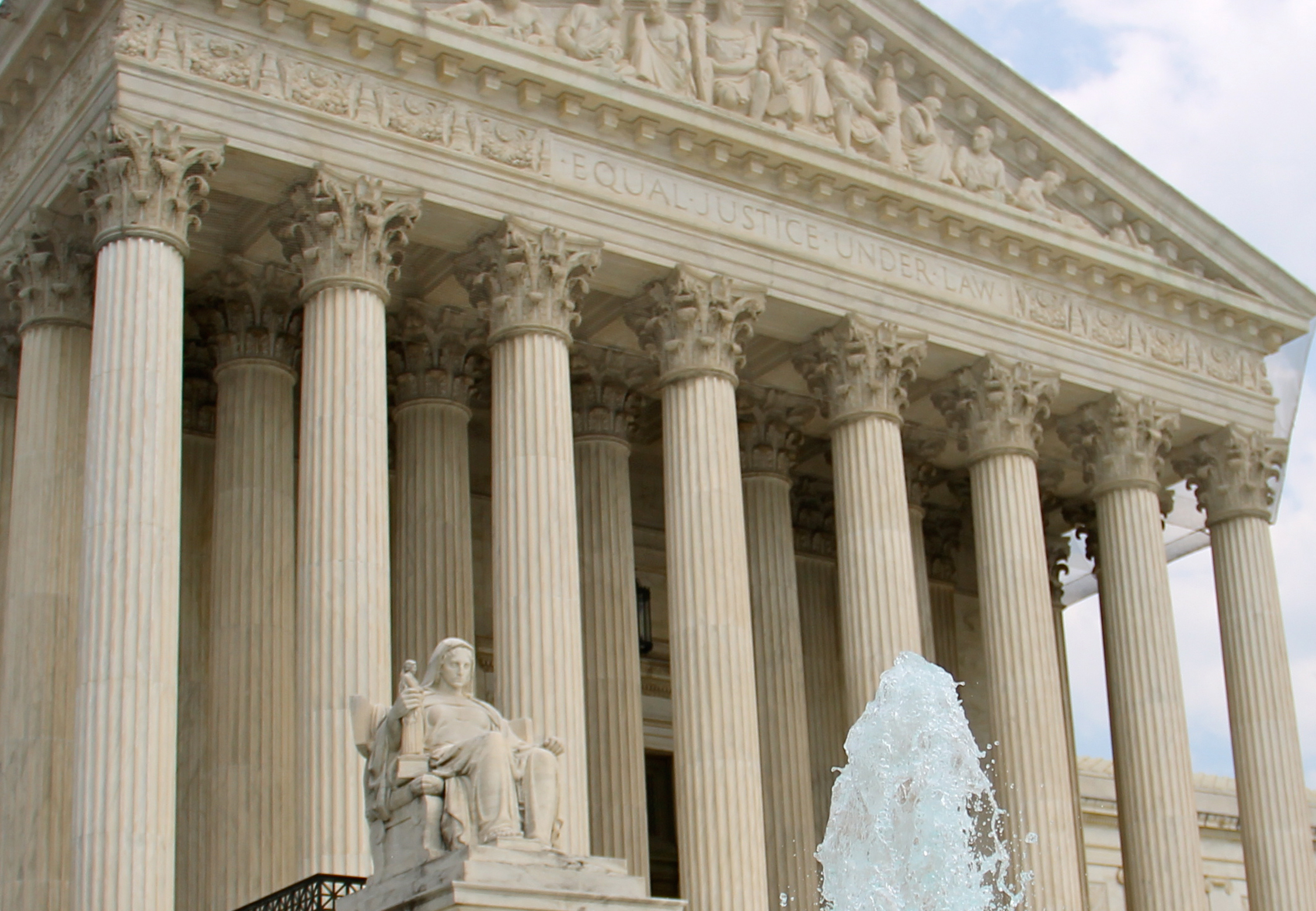Supremes' Silence Speaks Volumes on Online Speech Liability Protection

The smarter way to stay on top of broadcasting and cable industry. Sign up below
You are now subscribed
Your newsletter sign-up was successful
In a victory for online re-publishers of others' content—in this case specifically online review platform Yelp—the Supreme Court has declined to hear the appeal of a California Supreme Court decision (Hassell vs. Bird) that Yelp was protected from liability under the Communications Decency Act's section 230.
That is the section, relied upon by social media platforms, that relieves them of liability for third-party content, saying, in part: "No provider or user of an interactive computer service shall be treated as the publisher or speaker of any information provided by another information content provider."
The California Supreme Court had sided with Yelp after Yelp refused a lower court order to remove a negative review, even though the suit involved the individual who posted the review, not Yelp. The California Court of Appeals sided with the lower court and against Yelp, which then sought the California Supreme Court appeal.
The California Supreme Court decision in favor of Yelp was then appealed by the other side to the Supreme Court, which denied the appeal Tuesday in the list of cases for which it did not grant cert.
Evan Engstrom, the executive director of Engine, which represents tech startups in Washington, was understandably pleased with the High Court's decision not to wade in.
“The Supreme Court made the right decision in denying cert and upholding the California Supreme Court’s ruling in Hassell v. Bird," said Engstrom. "By ensuring that startups do not face ruinous liability for the speech of their users, Section 230 of the Communications Decency Act promotes innovation and the integrity of platforms across the internet. For startups, the burden of responding to removal orders—combined with the looming threat of contempt sanctions—is functionally and financially equivalent to direct liability. With its decision today, the Supreme Court signaled the continued importance of Section 230 to the growth of the internet.”
Congress is currently debating whether there need to be any changes to Sec. 230 in the wake of issues like online sex trafficking, election meddling and more.
The smarter way to stay on top of broadcasting and cable industry. Sign up below
Sen. Mark Warner (D-Va.), co-chair of the Senate Intelligence Committee and himself a former tech exec, said Sec. 230 may not make sense any more now that half of the country gets its news from Facebook. "Suddenly, that 1990s framework might not be exactly right," he told The Atlantic magazine last fall, citing the arrogance of the edge.
And Sen. Ron Wyden (D-Ore.) has been even blunter: "I just want to be clear, as the author of Sec. 230 [of the Communications Decency Act], the days when these 'pipes' are considered neutral are over because the whole point of 230 was to have a shield and a sword, and the sword hasn't been used."
Contributing editor John Eggerton has been an editor and/or writer on media regulation, legislation and policy for over four decades, including covering the FCC, FTC, Congress, the major media trade associations, and the federal courts. In addition to Multichannel News and Broadcasting + Cable, his work has appeared in Radio World, TV Technology, TV Fax, This Week in Consumer Electronics, Variety and the Encyclopedia Britannica.

